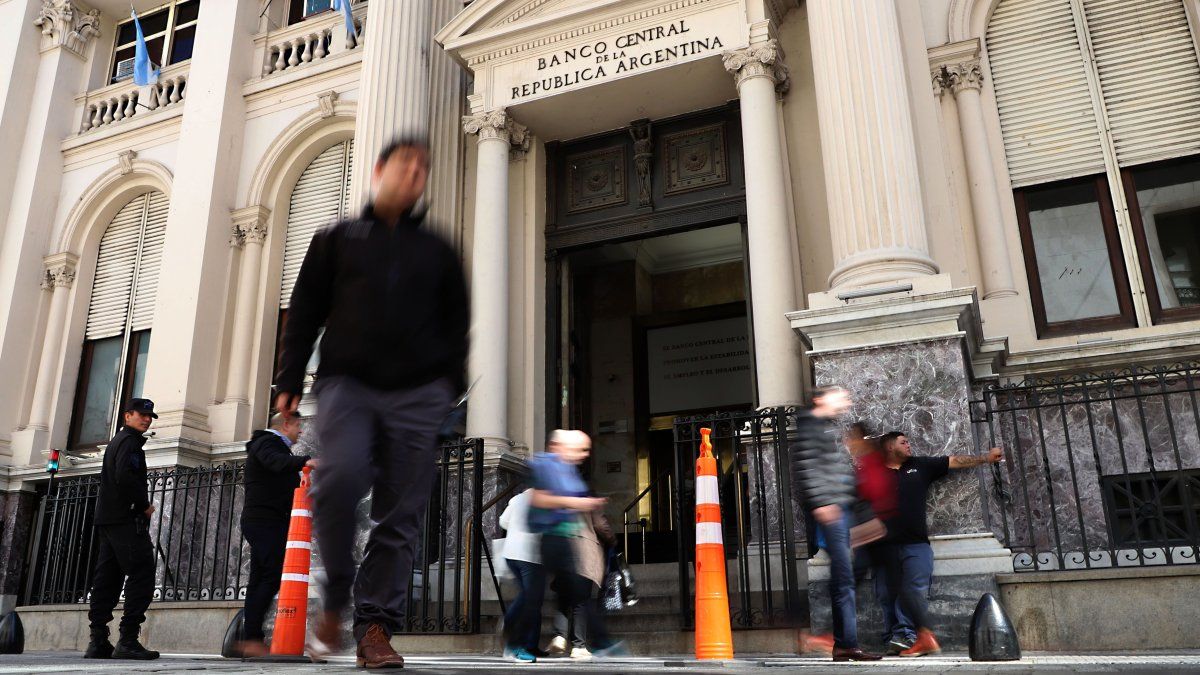China Evergrande is considered one of the faces of China’s real estate crisis. The company is threatened with liquidation in a Hong Kong court. Then there was a surprising judge’s decision.
Hong Kong’s Supreme Court has once again granted the heavily indebted real estate group China Evergrande a reprieve from its restructuring plan. Judge Linda Chan surprisingly postponed the decision until January 29th next year, as several media reported on Monday.
The property developer from southern China, which is in debt to the equivalent of more than 300 billion US dollars (around 275.7 billion euros), is threatened with liquidation. Creditors from abroad had taken the matter to court because the company had already missed payments several times.
Chan had already said at the previous negotiation that this was the last postponement and that she would most likely agree to a liquidation if China Evergrande did not find a restructuring plan with the creditors. According to reports, the lawyers of the company listed on the Hong Kong stock exchange had now announced that they would be able to reach an agreement with the lenders in the coming weeks.
What would settlement mean?
With a liquidation, an insolvency administrator would monetize the company and thus pay off the creditors. Some experts believe that a liquidation would return less money to creditors than a restructuring. According to reports, China Evergrande also argued this in court. The group has wanted to present a restructuring plan since 2022, which has always failed so far. The Chinese authorities are investigating its founder and once the richest man in China, Hui Ka Yan.
Like many other real estate groups, the company has been in a serious crisis for a long time because they are earning significantly less on the real estate market, which is under pressure, it is harder to get government support and they can no longer service their loans.
“The Evergrande case also shows that the era of large private real estate developers in China is coming to an end,” says Max Zenglein from the Merics China Institute in Berlin. If Chan decides to wind up Evergrande in the China case, this could also affect other companies. “A challenge for the government will be to prevent domino effects in the economy caused by major bankruptcies,” says Zenglein.
Source: Stern




